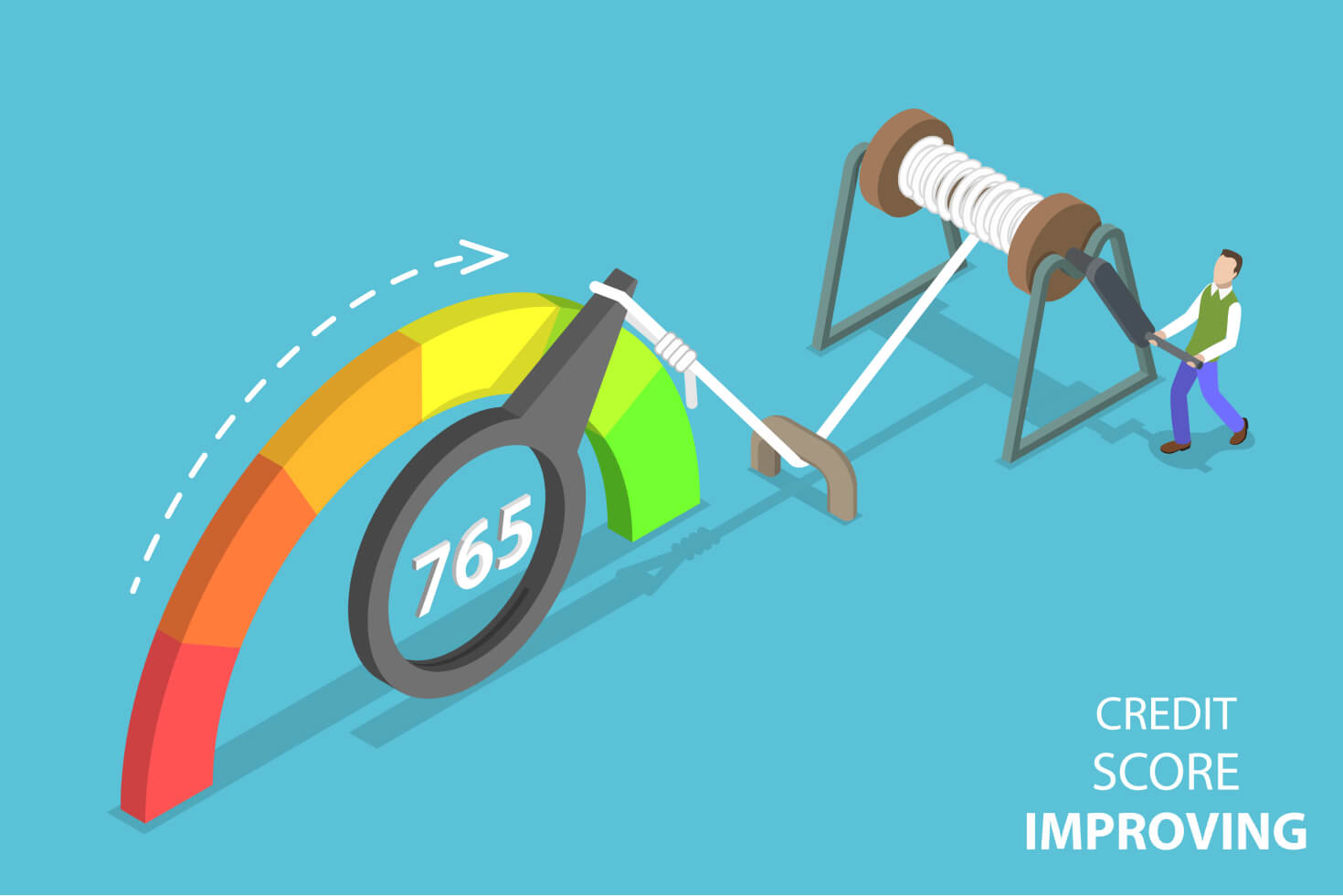The CIBIL Score plays a critical role in the loan application process. It is a 3 digit numeric summary of your credit history and ranges from 300 to 900. After an applicant fills out the application form and hands it over to the lender, the lender first checks the CIBIL Score and Report of the applicant. If the CIBIL Score is low, the lender may not even consider the application further and reject it at that point. If the CIBIL Score is high, the lender will look into the application and consider other details to determine if the applicant is credit-worthy.
The CIBIL Score works as a first impression for the lender, the higher the score, the better are your chances of the loan being reviewed and approved. The decision to lend is solely dependent on the lender and CIBIL does not in any manner decide if the loan/credit card should be sanctioned or not.
The four major factors that affect your CIBIL Score:
Payment History: Making late payments or defaulting your EMIS or dues (recently or consistently) will negatively impact your score.
High credit utilization: An increase in the current balance of your credit card indicates an increased repayment burden and may negatively affect your CIBIL score.
Credit mix: Having a balanced mix between secured loans (such as auto, home loan) and unsecured loans (such as personal loan, credit card) is likely to have a more positive effect on your score.
Multiple enquiries: If you have recently been sanctioned multiple loans and credit cards, then lenders will view your application with caution because this behavior indicates your debt burden has increased, which will negatively impact your score.
How to improve your CIBIL Score?
You can improve your CIBIL Score by maintaining a good credit history, which is essential for loan approvals by lenders. Follow these 6 steps which will help you better your score:
- Always pay your dues on time: Late payments are viewed negatively by lenders.
- Keep your balances low: Always be prudent to not use too much credit, control your utilization.
- Maintain a healthy credit mix: It is better to have a healthy mix of secured (such as home loan, auto loan) and unsecured loans (such as personal loan, credit cards). Too many unsecured loans may be viewed negatively.
- Apply for new credit in moderation: You don’t want to reflect that you are continuously seeking excessive credit; apply for new credit cautiously.
- Monitor your co-signed, guaranteed and joint accounts monthly: In co-signed, guaranteed or jointly held accounts, you are held equally liable for missed payments. Your joint holder’s (or the guaranteed individual) negligence could affect your ability to access credit when you need it.
- Review you credit history frequently throughout the year: Monitor your CIBIL Score and Report regularly to avoid unpleasant surprises in the form of a rejected loan application.







